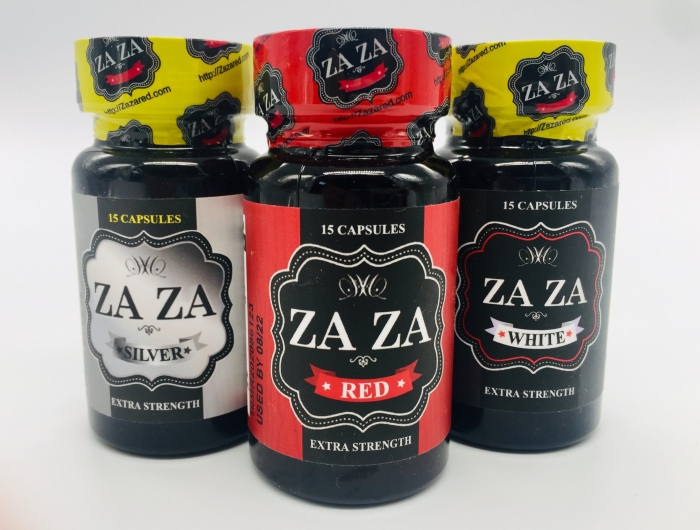FDA urged to crack down on marketers of illegal drug phenibut in supplements and other products

Risks of phenibut include addiction, withdrawal, and death
The Center for Science in the Public Interest today is urging the Food and Drug Administration to bring enforcement proceedings against companies that market dietary supplements, foods, or other products that contain phenibut—an illegal unapproved drug with a rocky safety record.
Phenibut is a psychoactive substance developed in Russia for the treatment of anxiety and sleep disorders. However, it has not been approved by the FDA for any use. Phenibut’s adverse effects include sedation, respiratory depression, and reduced levels of consciousness. Withdrawal symptoms may include anxiety, agitation, and acute psychosis. Last year, the Centers for Disease Control and Prevention reported an uptick in calls to poison control centers reporting adverse effects of phenibut between 2009 and 2019.
Investigators at the nonprofit nutrition and safety watchdog group found 14 products marketed by 19 entities that market phenibut-containing supplements, foods, or other products, including one major grocer, Kroger. CSPI is asking the FDA to send warning letters to all 19 entities found to be marketing phenibut-containing products and clarify for the public that phenibut is an adulterant.
“Phenibut marketers are clearly thumbing their noses at the FDA, knowing that the agency has a hard time keeping up with fly-by-night supplement makers,” said CSPI president Dr. Peter G. Lurie, who previously served as FDA associate commissioner. “But the problem isn’t even limited to fly-by-night operators. There’s no excuse for a major national retailer such as Kroger to be putting this dangerous unapproved drug on its virtual shelves.”
Joining CSPI in its call for FDA action are Brandon Lackey, executive administrator of the Alabama Association of Christian Recovery Ministries, who has seen first-hand the negative impact of phenibut and other substances on recovery communities, and Dr. Pieter Cohen of the Harvard Medical School, whose research has repeatedly documented how dietary supplements can often include unapproved ingredients.
“It is past the time for Congress to amend DSHEA. The public deserves higher, not lower safety standards for the supplements that we use and trust,” Lackey said, referring to the Dietary Supplement Health and Education Act, the 1994 law governing supplements that in effect lowered regulatory barriers. “The predatory business practices by bad-faith manufacturers, distributors, and retailers have created an emerging public health threat.”
Separately today, new research published by Dr. Cohen in the journal Clinical Toxicology found high phenibut levels in several products. The study found that some phenibut products contained as much as 450 percent more phenibut than a typical 250 milligram pharmaceutical tablet.
“We analyzed the content of phenibut supplements both before and after FDA enforcement warnings,” Cohen said. “What we found surprised us: even after the FDA warning, supplements continue to be openly advertised as containing the illegal drug.”
The 14 products identified by CSPI generally fall into one of three regulatory categories: dietary supplements, foods, and drugs. FDA has indicated in prior enforcement actions that phenibut is an adulterant in dietary supplements and food and is not approved for sale as a drug in the United States. The CSPI letter also identifies additional legal violations for the products, such as when manufacturers imply that phenibut is a “dietary ingredient,” when it fails to meet the legal definition for this term. Companies that run afoul of FDA rules by selling phenibut could face criminal prosecution for violating federal law.
CSPI and Lackey have previously urged federal regulators to crack down on sales of tianeptine, an unapproved antidepressant drug that binds to opioid receptors, and which is similarly marketed as if it were a dietary supplement. Some of the same companies, such as MT Brands, make both products. One product identified by CSPI, ZaZa Silver by M&J Distribution, contains both tianeptine and phenibut.
In 2017 CSPI blew the whistle on a number of dietary supplements which falsely claimed to ease opioid withdrawal symptoms.
Tags
Topics
Contact Info: Contact Jeff Cronin or Richard Adcock.

